Should You Run Fasted To Run Faster?
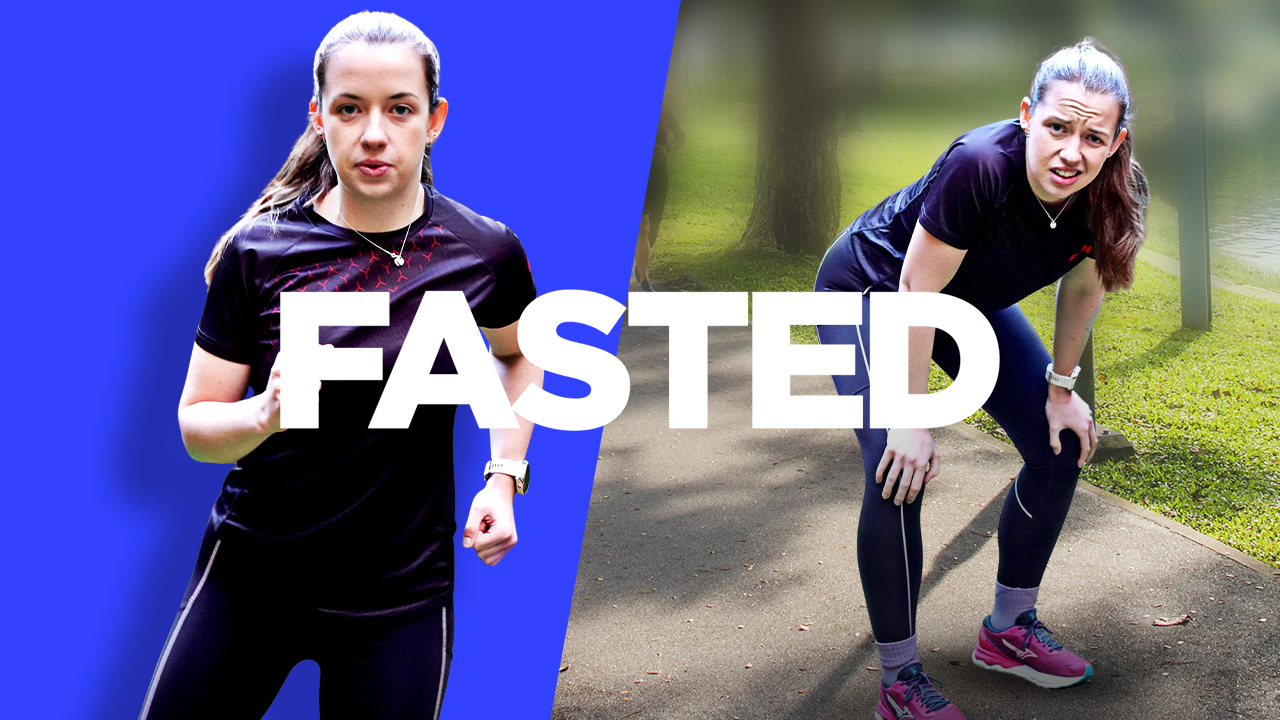
As runners, we often find ourselves pondering the optimal meal timing: should we eat before or after our run?In this article, we delve into the science behind fasted running, its potential benefits, and drawbacks to help you determine if it can really boost your performance or accelerate weight loss.
What Is Fasted Running?
Fasted running is defined as running after not consuming food for a period of 10 to 14 hours. In practical terms, that means running in the morning before breakfast would count as fasted running. However, an evening run, merely a few hours after lunch, would not fit into the fasted category.
When we run, our bodies require energy, which is derived from our glycogen reserves (stored carbohydrates), fat reserves, or in some cases, protein. The choice of energy source can depend on several factors, such as the intensity of the workout and whether we’re running fasted.
Fasted Running: Positives and Negatives
The Perks of Fasted Running
1. Convenience
One of the most apparent advantages of fasted running is convenience. For many, choosing sleep over breakfast and setting off for an early run makes for a seamless morning routine.
2. Avoiding Stomach Discomfort
For some runners, consuming a meal before a run can result in unpleasant digestive issues. Running on an empty stomach, therefore, presents a viable solution.
3. Encouraging Fat Utilisation
Running in a fasted state might prompt your body to tap into fat reserves for energy rather than relying solely on glycogen stores. This can potentially enhance your body’s endurance as fat is a more sustainable source of energy.
4. Beneficial Physiological Changes
Physiological changes linked to fasted running can have positive impacts, such as improved insulin regulation and lowered cholesterol levels. These alterations can foster better health and enhanced physical performance.
5. Potential for Weight Loss
Some studies suggest that fasted running can result in a change in body composition and aid weight loss. However, it’s crucial to remember that these benefits hinge on proper post-run fuelling and avoiding an overall calorie deficit, which can lead to adverse health consequences.
The Caveats of Fasted Running
1. Inconclusive Evidence on Weight Loss and Performance
While it’s true that fasted running may burn fat reserves, there’s no concrete evidence that it will lead to significant weight loss or enhance running performance. A 2017 study found trivial evidence for body mass change in fasted versus non-fasted running.
2. Not Ideal for Long or Intense Runs
Fasted running might not be the best approach for prolonged or high-intensity runs. Research suggests that eating before exercising can enhance performance over an extended period. So, if you’re planning a run longer than 60 minutes or an intense interval session, you might want to fuel up beforehand.
3. Risk of Increased Protein Breakdown
Running fasted could lead to increased protein breakdown, which isn’t beneficial for muscle building. So, if your goal is to build muscle mass, regular fasted running might not be the way to go.
The Final Verdict
So, should you run fasted to run faster? The answer isn’t quite as straightforward as it might seem. While there are benefits to fasted running, these perks need to be weighed against the potential drawbacks. Ultimately, it boils down to your personal preferences, training regime, and body’s unique response.
Whether you’re a morning lark who likes to seize the day with an early sprint or a night owl who prefers an evening jog, understanding your body’s needs is paramount. You might enjoy the convenience of fasted running, or you may find that a pre-run snack optimises your performance. Consider mixing up your training schedule – sometimes run fasted, sometimes not – and note how your body responds.
Always remember, irrespective of whether you choose to run fasted or fuelled, proper nutrition is essential. Running in a fasted state should never translate to depriving your body of the nutrients it requires to recover and perform. Running fasted but failing to fuel correctly afterwards could lead to an array of health complications, including a condition known as Relative Energy Deficiency in Sport (RED-S), which is associated with weaker immune systems and lower energy levels, among other symptoms.
If you’re training for longer runs or preparing for a race, fuelling during the run is also essential. Doing so not only keeps you physically robust, but also bolsters your mental strength and reduces the risk of injury. If your running session involves high-intensity efforts, such as tough laps on a track, fuelling beforehand becomes even more crucial, as your body will be heavily relying on carbohydrates to perform.
In conclusion, the choice between fasted or fuelled running is highly personal and depends on various factors such as your goals, overall health, and the type of training you’re doing. No matter your choice, remember to listen to your body, stay adequately hydrated, and always fuel your runs appropriately – before, during, or after, depending on your plan and needs.
Do you run fasted? Let us know in the comments below!


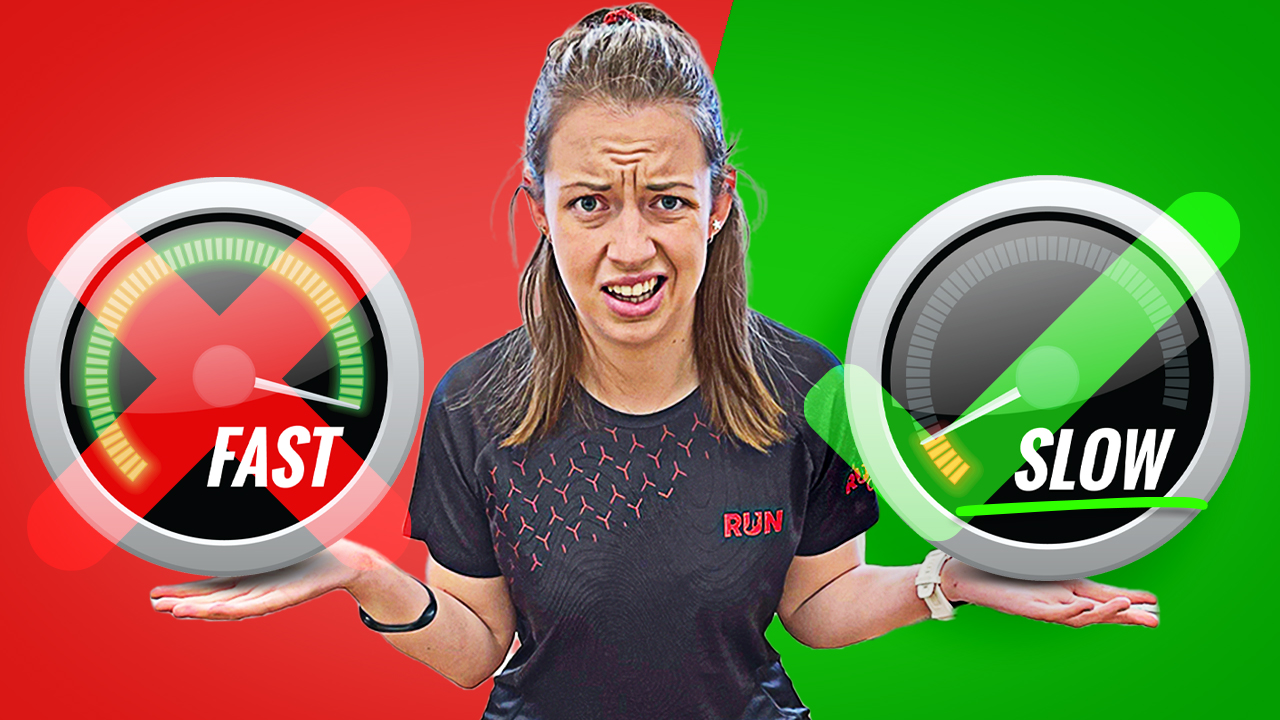


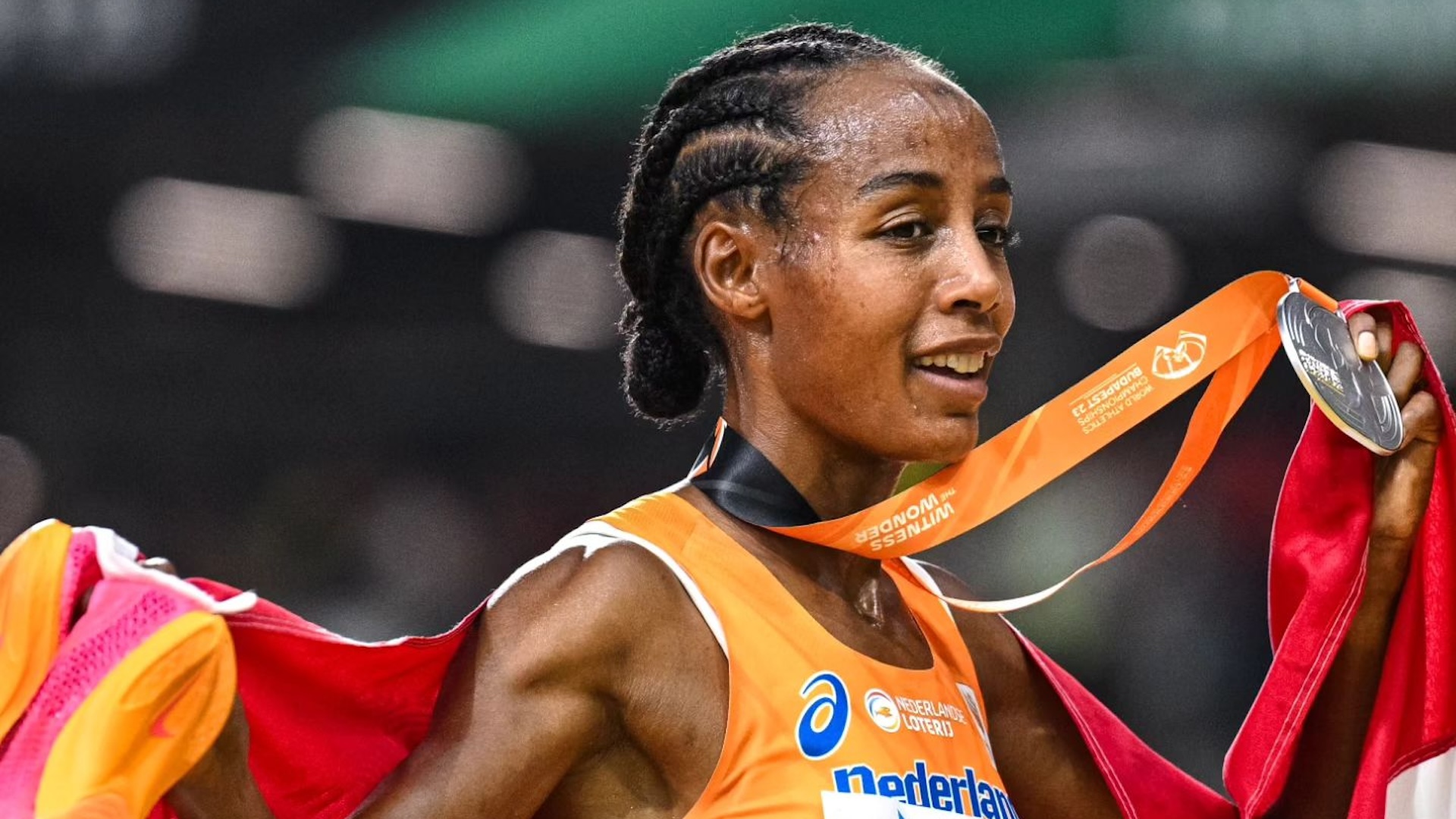






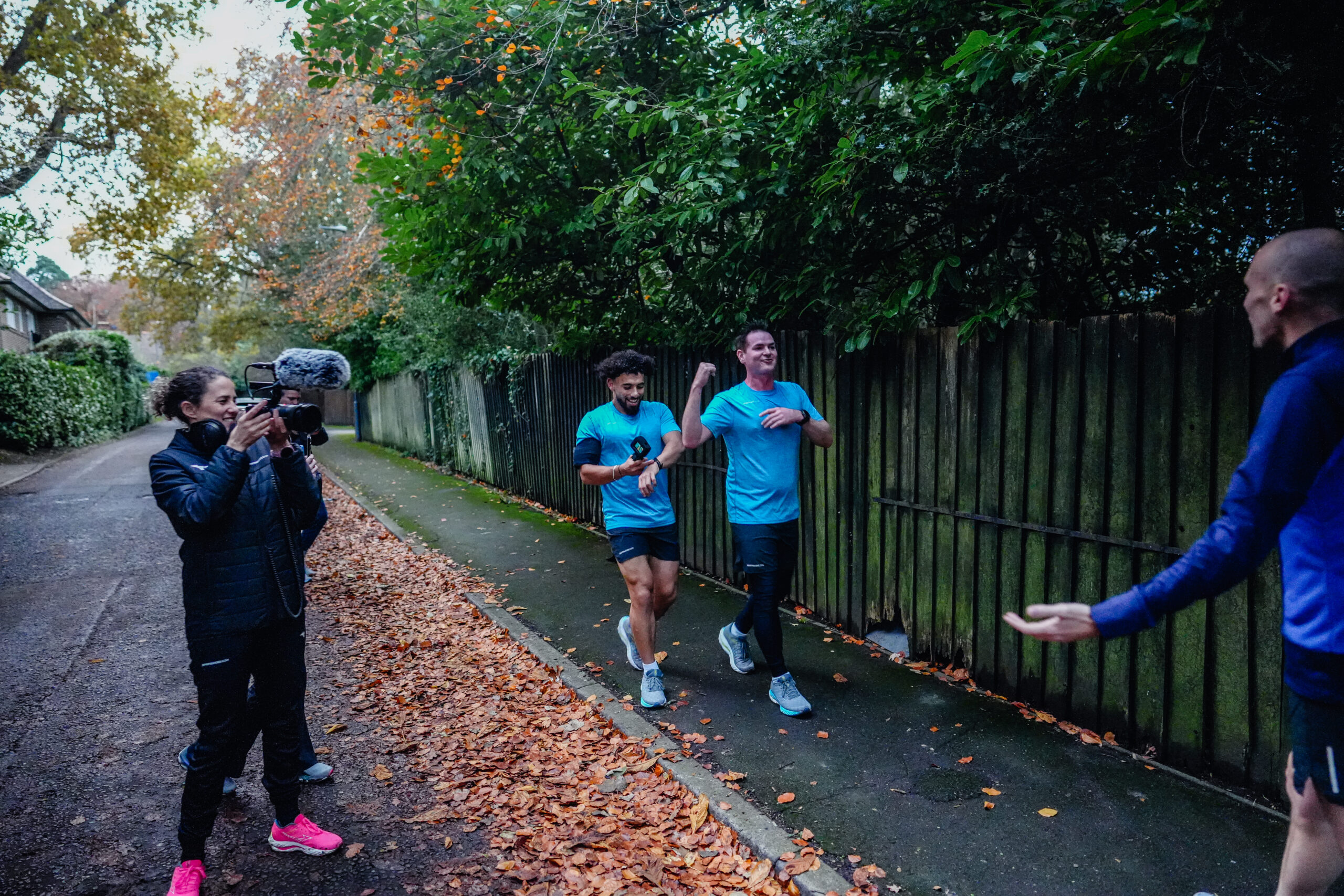
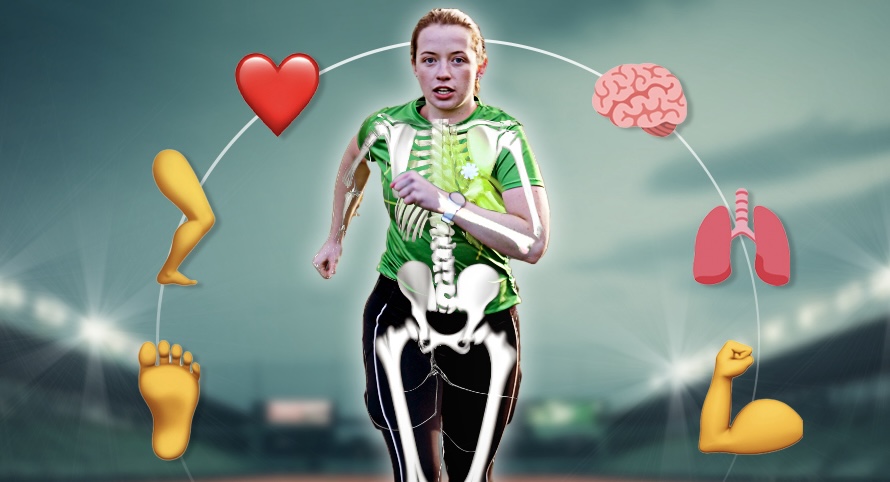

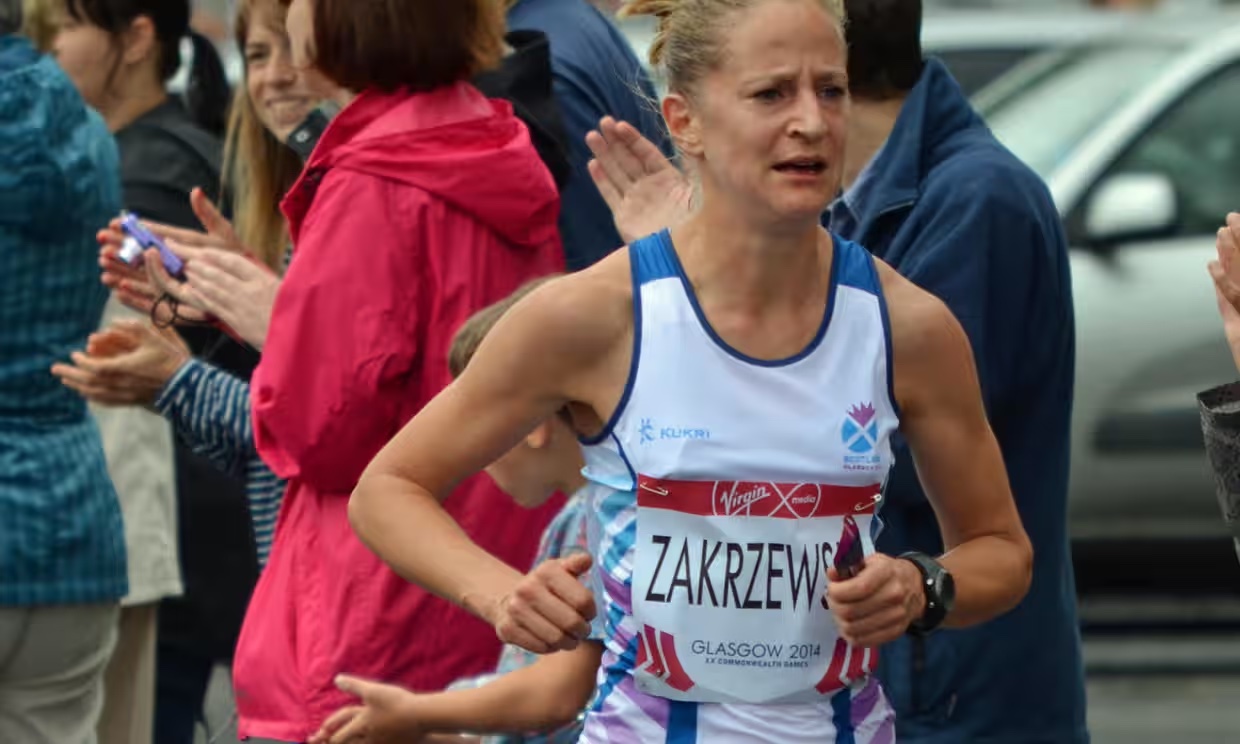



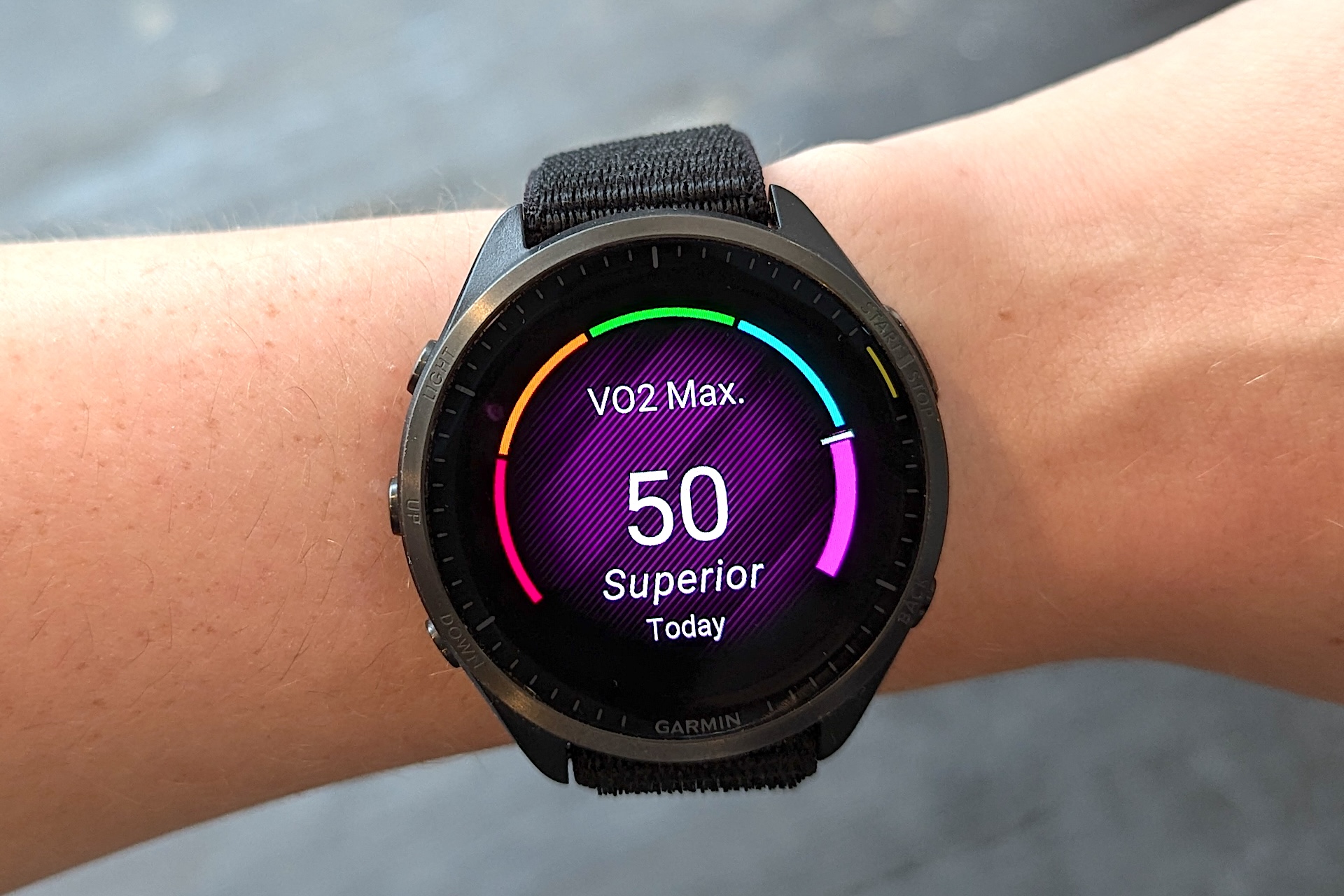

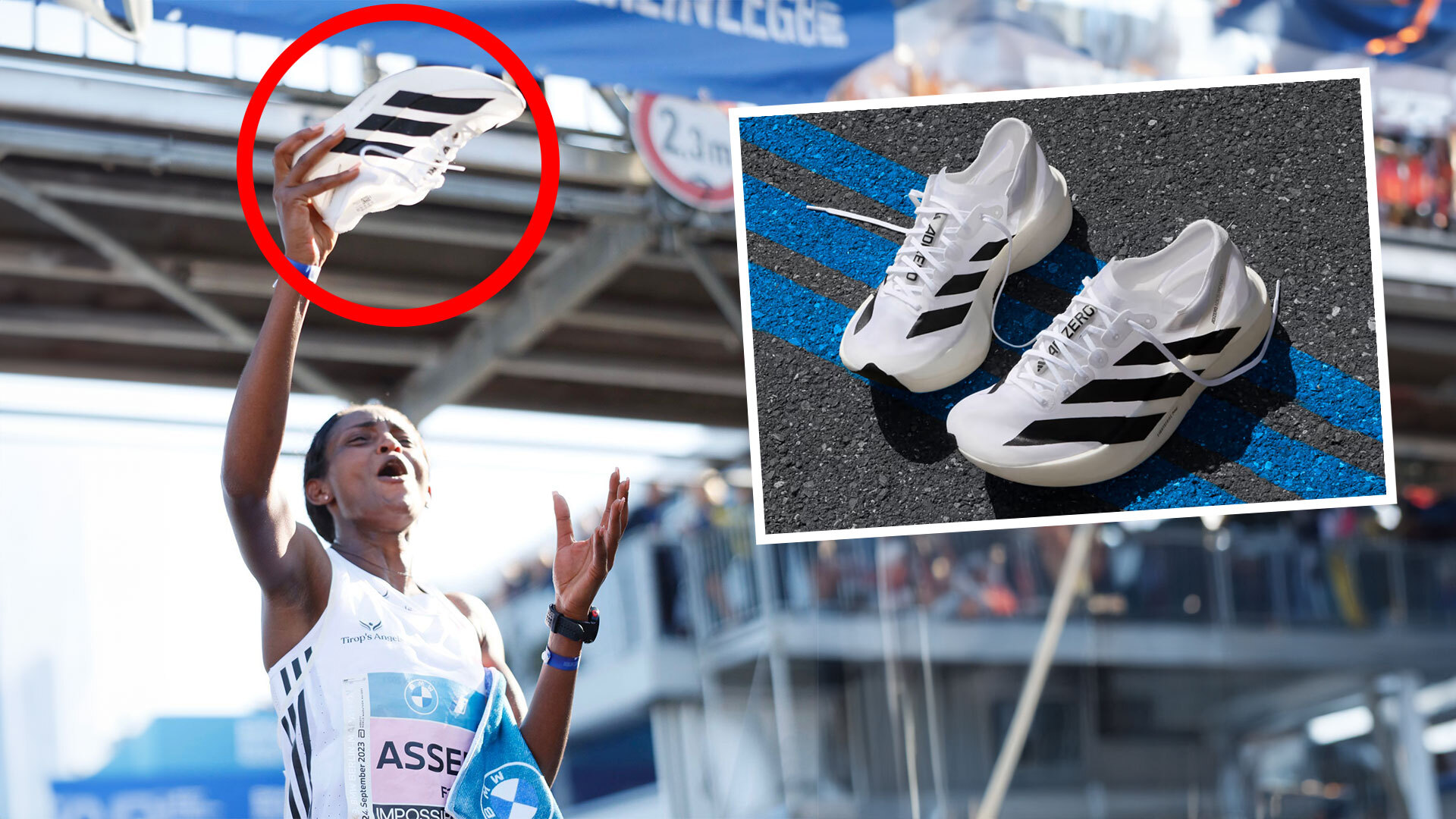


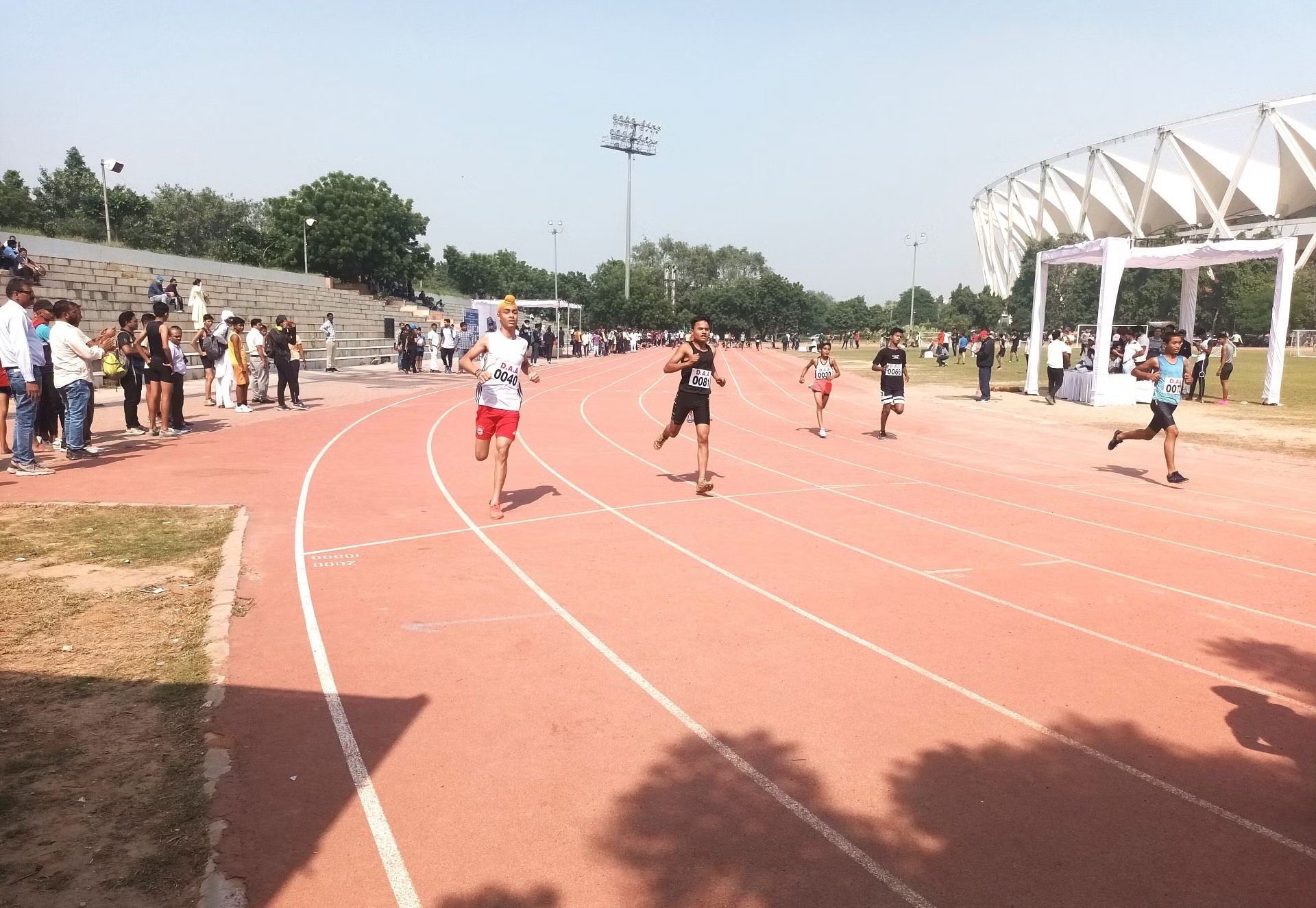
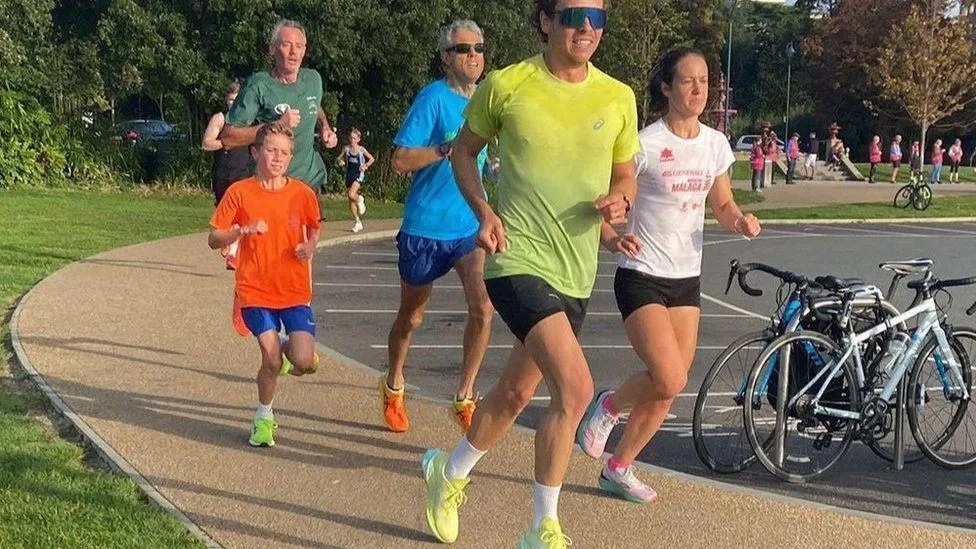
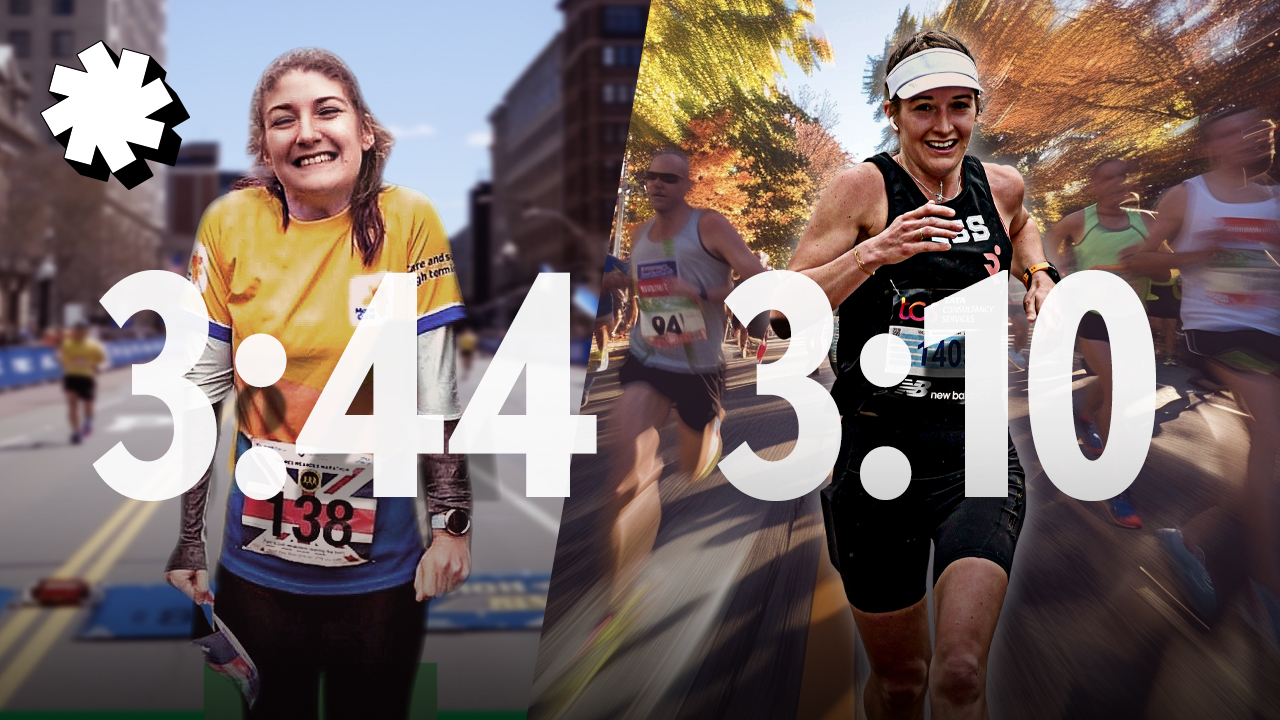

Running News
Paris 2024 Olympics Running Schedule
What Are Olympic Medals Actually Made From?
On Cloudboom Strike LS Initial Thoughts